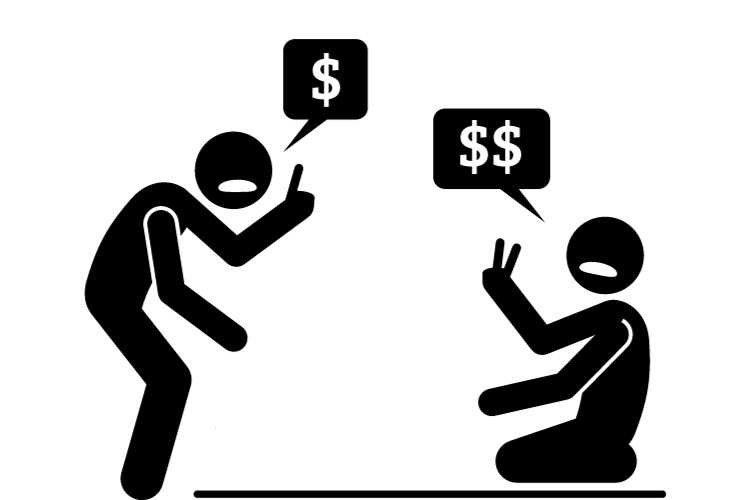Following the release of the list of drugs slated for pricing negotiations under the Inflation Reduction Act (IRA) by the Centers for Medicare & Medicaid Services (CMS), pharmaceutical companies are navigating a series of impending deadlines. The first critical decision rests with the drug manufacturers, who must inform CMS by Sunday whether they will actively participate in the negotiation process or opt for the alternative of exiting the Medicare and Medicaid program entirely.
A spokesperson from AstraZeneca expressed the company’s commitment to engaging in the CMS-outlined process to convey the value of Farxiga to Medicare beneficiaries, emphasizing their dedication to ensuring access.
Also Read: Boehringer Ingelheim Enters Legal Fray Against Inflation Reduction Act, Citing Constitutional Concerns
Bristol Myers Squibb (BMS) has reluctantly chosen to participate, citing the impracticality of not doing so, as it would result in exorbitant penalties unless they withdrew all their medicines from Medicare and Medicaid. The company characterized this decision as having no real alternative.
In addition to AstraZeneca and BMS, drugs from Johnson & Johnson, Merck, Novartis, Eli Lilly, Novo Nordisk, and Amgen are among those slated for the initial round of price negotiations with CMS.
Novo Nordisk indicated its intent to explore all available options to drive positive changes for patients requiring its medicines.
Amgen and Merck opted not to comment, while Johnson & Johnson and Novartis had not responded to inquiries at the time of reporting.
Also Read: Medicare Price Negotiations Could Slash Biotech R&D Spending, Gilead-Funded Study Warns
Boehringer Ingelheim, responsible for pricing and access for Jardiance in partnership with Eli Lilly, did not provide a response. Companies choosing to participate must formally commit to the process by signing agreements by Sunday, as per CMS guidelines.
By Monday, participating firms must submit any pertinent data for consideration during the negotiations. Additionally, members of the public have the opportunity to contribute information about therapeutic alternatives for the ten drugs on CMS’ list.
Throughout the autumn, each participating drugmaker will engage in discussions with CMS regarding their respective therapies. This will be followed by patient-focused listening sessions scheduled from October 30 to November 15.
CMS aims to release initial pricing proposals for each drug by February 1. Companies will have a 30-day window to submit counter arguments following the proposal.
Also Read: Novartis Sues U.S. Government Over IRA Price Negotiations For Entresto
Up to three negotiation meetings can occur before the negotiation period officially concludes on August 1, 2024. The resulting prices will come into effect in 2026. Companies refusing to engage in price negotiations will incur substantial excise taxes, a contentious point that has led to numerous lawsuits challenging the program’s legality.
As the negotiation process unfolds, legal challenges continue to surround the IRA, with many of the companies facing pricing negotiations on their lucrative therapies alleging violations of their constitutional rights.





























